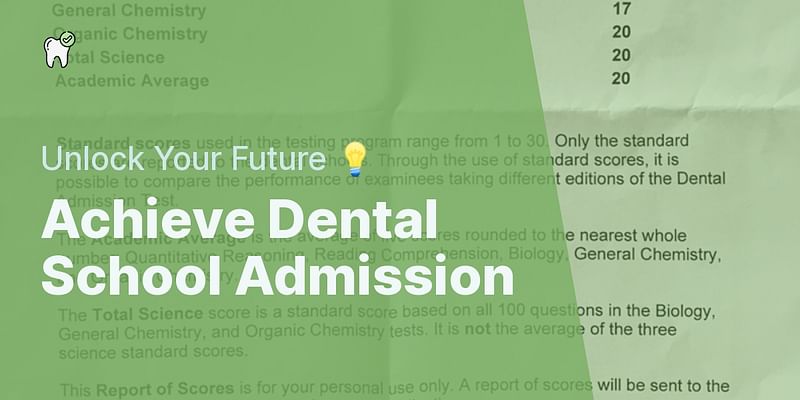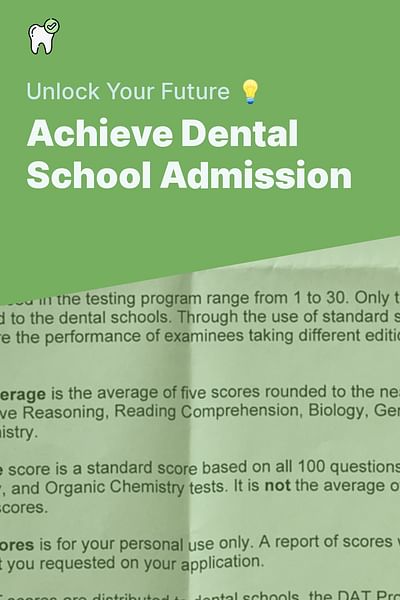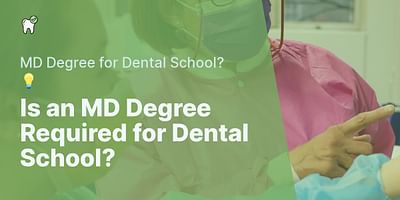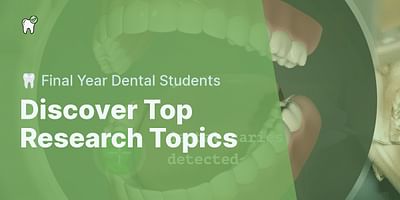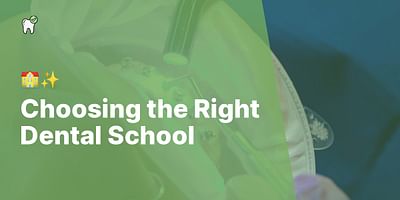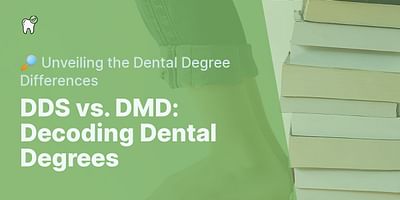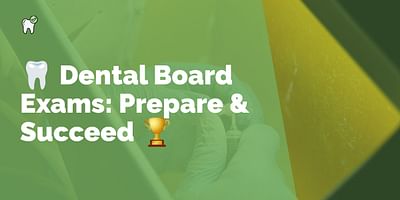Dr. David Kim is an orthodontist who has helped many patients achieve straighter teeth and a more confident smile. He is passionate about using the latest technology to improve his patients' treatment experience. In his free time, he enjoys playing guitar and hiking.
Yes, it is possible to get into dental school with a 3.35 GPA and a 21 on the DAT (Dental Admission Test). While these scores may not be considered extremely competitive, they are still within the range of acceptance for some dental schools.
When it comes to dental school admissions, GPA and DAT scores are just two factors that are taken into consideration. Admissions committees also look at other aspects of your application, such as letters of recommendation, personal statement, extracurricular activities, and interviews. So even if your GPA and DAT scores are not the highest, you can still have a chance of getting accepted if you excel in other areas.
However, it's important to note that dental schools have different admission requirements and standards. Some schools may place more emphasis on GPA, while others may prioritize DAT scores. It's a good idea to research the specific dental schools you are interested in to understand their individual requirements and expectations.
If your GPA and DAT scores are not as competitive as you would like them to be, there are a few things you can do to increase your chances of getting accepted into dental school:
1. Strengthen your application: Focus on improving other aspects of your application, such as obtaining strong letters of recommendation, writing a compelling personal statement, and participating in relevant extracurricular activities. These factors can help demonstrate your commitment to the field of dentistry and your potential as a future dentist.
2. Consider retaking the DAT: If you feel that your DAT score does not accurately reflect your abilities, you may want to consider retaking the exam. With additional preparation and practice, you may be able to improve your score and increase your chances of acceptance.
3. Apply to a range of dental schools: Consider applying to a mix of dental schools, including those that have lower GPA and DAT score requirements. By casting a wider net, you increase your chances of receiving acceptance letters.
4. Gain relevant experience: Seek out opportunities to gain hands-on experience in the dental field. This could include volunteering at a dental clinic, shadowing a dentist, or working as a dental assistant. Not only will this experience strengthen your application, but it will also give you a better understanding of the profession and help you confirm your career path.
Remember, getting into dental school is a competitive process, but it is not solely determined by GPA and DAT scores. Admissions committees are looking for well-rounded individuals who demonstrate a genuine passion for dentistry. By focusing on all aspects of your application and showcasing your dedication to the field, you can increase your chances of getting accepted into dental school.

